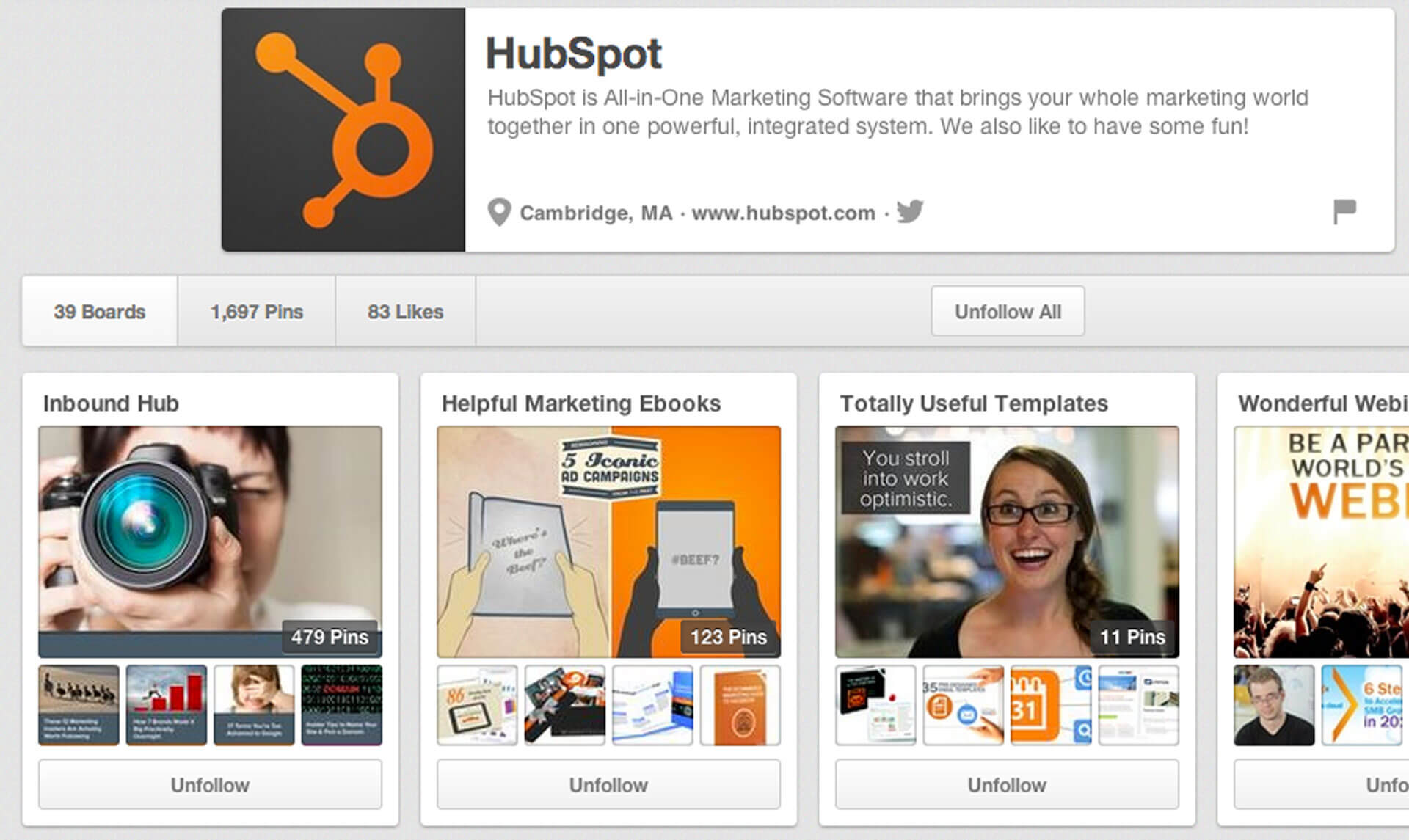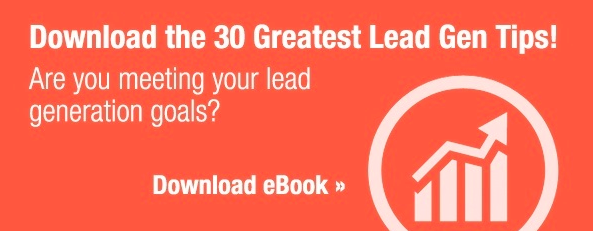Ask businesses about why they're not using Pinterest and you'll get one of three responses. First, ignorance. "Isn't Pinterest forgirls?" they'll ask. (Answer: sometimes.) Second, what we call "social media fatigue." They'll say, "Listen, we already have a Facebook, Twitter, YouTube, Instagram — we probably even have a Friendster account lying somewhere that we forgot about. Thanks but no thanks." And third, good old fashioned hard-headedness. "Nope," they'll say, "We're doing just fine without it."
But the times are a'changing. Reports show that the platform is rapidly gaining ground on competitors Facebook and Twitter. Furthermore, the platform has been around long enough that we can look at how companies are using it and report back accordingly. And what if the unthinkable is true? What if Pinterest can be a valuable tool for your business? Then would you reconsider?
Well, we'll leave that between you and your management team. Until then, all we can do is present you with the facts; specifically, six B2B companies on Pinterest who use the network to do the following:
...Educate (HubSpot) — Hubspot sells services, not tangible products. This can seem strange to those familiar with Pinterest, but once you check out their profile, you see it's just as fluid and logical as other types of companies. Pins include "Finding answers to your top marketing questions" and "The marketer's crash course for visual content creation." In addition, HubSpot pins successful marketing campaigns by other companies like Chipotle, Snickers and REI. The result is a Pinterest presence that exudes expertise and fun while not coming across as overtly commercial.

...Market A Lifestyle (SalesForce) — Unlike other B2B companies on Pinterest, Salesforce, the customer relationship software maker, completely abandons all commercial pretense on their page. In fact, you'll see zero boards regarding their products. Instead, you'll see boards that embrace the San Francisco/Silicon Vally work culture (e.g. "San Francisco Lifestyle," "Salesforce Office Styles," "I Love Working at Salesforce.") Clearly the goal here is to encourage the best and brightest to apply at the company. And given the company's financial success, it's working.

...Inspire (Network For Good) — Network For Good provides training, tools, and advice for non-profits. As you can imagine, its Pinterest page also abandons a purely commercial approach; instead it seeks to create a community of like-minded non-profit professionals that share stories and inspire each other. Boards include "Do Good, Feel Good," "Success Stories," and "Companies Doing Good." The page reads less like a "business" page and more like a community forum, which is refreshing.

...Diversify Your Messaging (Organik SEO) — Orgaik is a "green-friendly online marketing company focusing on SEO." Now if their Pinterest page focused exclusively on the former element — tips for "going green" — that would naturally detract from their core business. Yet if their presence was entirely SEO and "business" focused, many visitors' eyes would glaze over. So they do both: intelligently talking about their service offerings while posting eco-friendly tips and articles.

...Generate Leads (Intuit) — This is one of the most obvious benefits of using Pinterest for business purposes. It goes like this: pin something, monitor who Likes or pins the material, and viola! you have potential prospects. We know the conditions that make lead generation possible: compelling content, pins on specific products, an invitation to dialogue, and ongoing communication with followers. Using this criteria, Intuit fits the bill.

Extend Your Brand (GE) — When you think of B2B companies on Pinterest, you probably don't instinctively think of GE. But the company has consistently proven to be ahead of the curve when embracing new technologies, as evidenced by their Pinterest page. First off, GE's page is visually striking. If you didn't know better you'd think you were on a dot.com page, rather than a company founded by Thomas Edison. GE's profile is colorful, crisp and evocative. Its boards make their services and products seem cool (e.g. "Badass Machines," "#MadeBrilliant.") And it's non-commercial boards, like one devoted to the wisdom of Edison, expertly link the past with the present. All in all, a classic case of brand extension.






